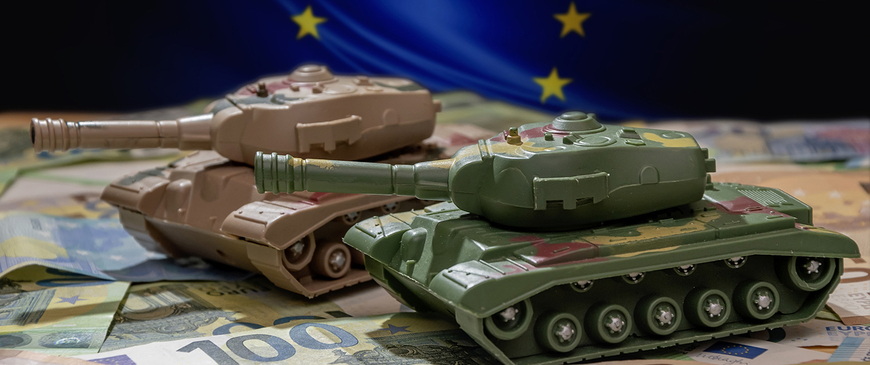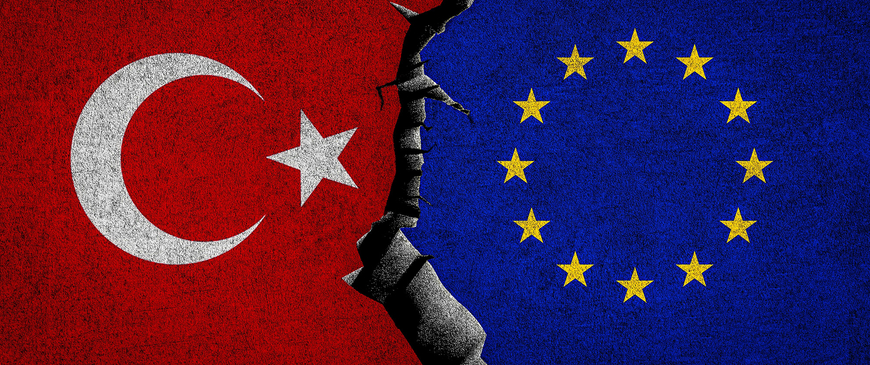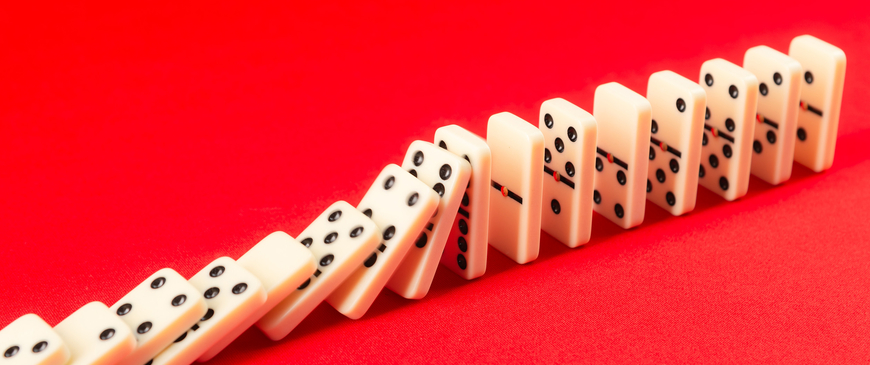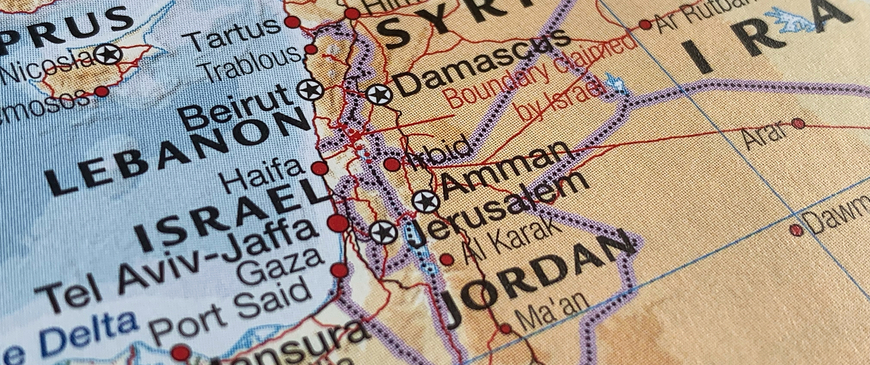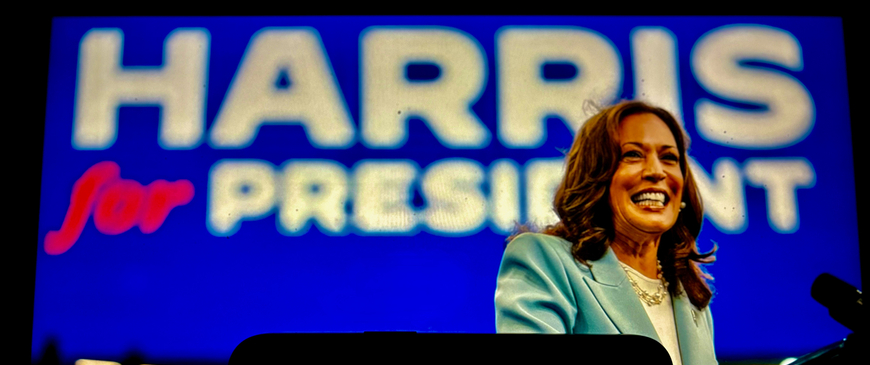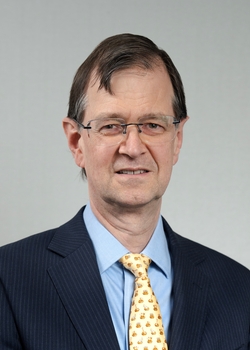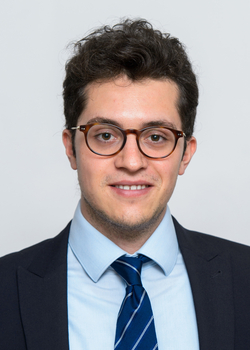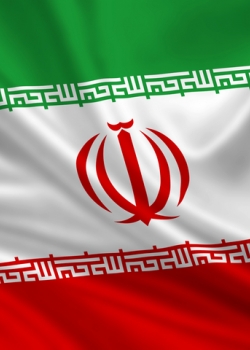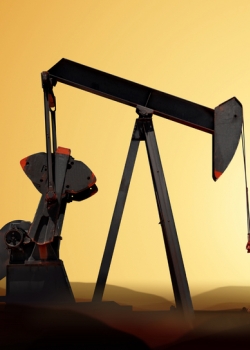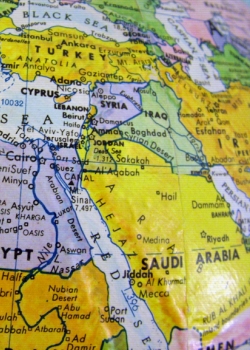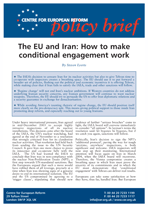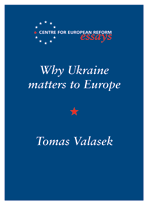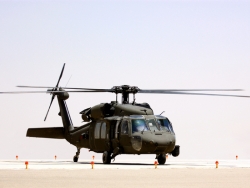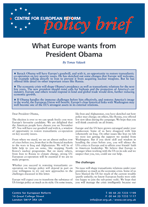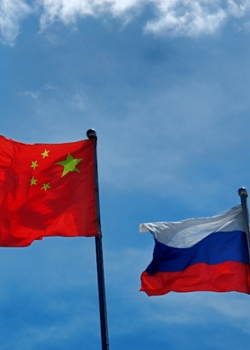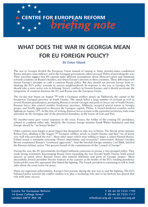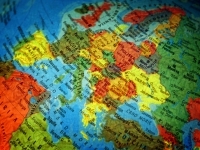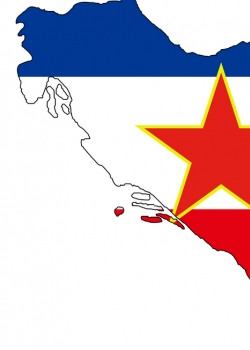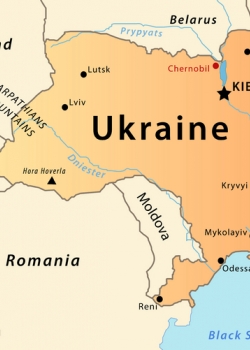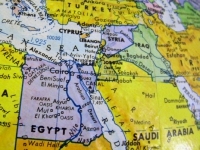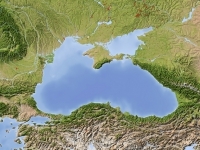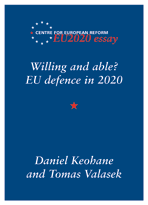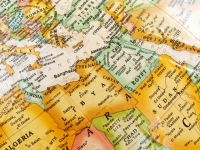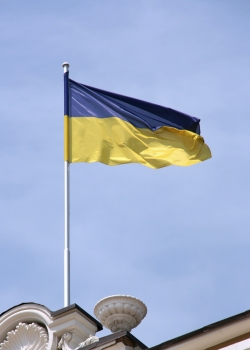Foreign policy & defence
Obama, disarmament and Iran
02 February 2009
Barack Obama has pledged to take steps to rid the world of nuclear weapons. “I will not authorise the development of new nuclear weapons. And I will make the goal of eliminating nuclear weapons worldwide a central element of US nuclear policy”, he wrote in December 2008.
Georgia, Ukraine and energy security
02 February 2009
In January 2006 Russia interrupted gas supplies to Ukraine and triggered a short, sharp shock to Europe in its ever-growing dependency on Russian gas.
Issue 64 - 2009
30 January 2009
- Why global energy markets need governing, Nick Butler
- Georgia, Ukraine and energy security, Dieter Helm
- Obama, disarmament and Iran, Tomas Valasek
Gaza, Europe and empty gestures
08 January 2009
'We're fed up with empty gestures', the Israeli prime minister told a high level delegation from the EU. Several foreign ministers and EU officials had come to the Middle East to try to help end the war raging in Gaza between Israel and Hamas, which has killed over 700 Palestinians and 10 Israelis in the twelve days since it started.
The EU and Iran: How to make conditional engagement work
19 December 2008
The IAEA's decision to censure Iran for its nuclear activities but also to give Tehran time to co-operate with inspectors creates a breathing space. The EU should use it to put forward a broader set of policies, fleshing out the political and economic incentives it is offering Tehran, while making...
Why Ukraine matters to Europe
05 December 2008
Until the war in Georgia in August 2008, the EU had taken stability beyond its eastern border for granted. Now it will need to become more active in this volatile region, in which Ukraine is the largest and most important country.
The EU takes on defence procurement
28 November 2008
The EU is in the middle of a little noticed – but potentially important – debate about defence markets. For the first time, the European Commission could be authorised to help reduce barriers amongst the EU’s segmented national defence markets.
What Europe wants from President Obama
27 November 2008
Barack Obama was the preferred candidate of most Europeans. He will have Europe's goodwill and with it, a window of opportunity to restore transatlantic co-operation on key security issues. Whether he succeeds will depend in part on the president-elect's willingness to try out new approaches to key foreign policy challenges.
Russia, China and the Georgia dimension
01 October 2008
Russia’s relations with the West today are more problematic than at any time since the fall of the Berlin Wall. With talk of a new Cold War and of parallels with the great power rivalries that preceded the First World War, Moscow’s ‘strategic partnership’ with Beijing has been out of...
The Arab-Israeli conflict: France's dashed hopes
03 September 2008
During a trip to Israel in August, the only optimists I met were French diplomats. The reason for their upbeat mood? Ambitious plans by President Sarkozy for the EU to advance the Middle East peace process – including a controversial proposal that the EU should take the lead in creating an international peacekeeping force which could replace the Israeli army in the West Bank as part of a peace deal. But in the current inauspicious environment, can France, which currently holds the EU presidency, really help to move things forward and allow the EU to play a bigger role in the peace process? ...
What does the war in Georgia mean for EU foreign policy?
15 August 2008
The war in Georgia divided the European Union instead of uniting it. Some member-states condemned Russia and gave (non-military) aid to the Georgian government; others accused Tbilisi of provoking the war.
Farewell, Polish plumber
07 August 2008
When the EU expanded its membership in 2004, the UK was one of only three EU countries – Ireland and Sweden were the others – fully to open its borders to migrants from the ten new member states.
The EU will want more from Serbia than arrests
25 July 2008
On July 21st 2008, Serbian security agents hauled Radovan Karadzic off a bus in Belgrade and took him into custody. The long-wanted wartime leader of the Bosnian Serbs now awaits extradition to the International War Crimes Tribunal (ICTY) in The Hague, where he stands accused of crimes against humanity for his role in the 1992-95 Bosnia war.
Ukraine needs new politicians
22 July 2008
Ukraine is heading for an economic crash. At least that was the message I picked up in the Crimean resort of Yalta earlier this month, at the 'Yalta European Strategy' conference.
The latest Euro-Med jamboree
16 July 2008
On July 13th 2008, President Sarkozy, surrounded by 42 EU and Mediterranean leaders, launched his pet project, the Union for the Mediterranean. The Paris summit was a success.
Can the EU thaw frozen conflicts
30 June 2008
The Czech government floated proposals in May that would see the EU take a more active role in solving frozen conflicts in eastern Europe. The Czechs hold the EU’s rotating presidency next year, so their wish may become reality.
Willing and able? EU defence in 2020
02 June 2008
Demand for military forces is growing. And the Europeans increasingly turn to the EU when in need of troops for peacekeeping or for delivering humanitarian aid. But will the EU be able to keep up with the demand?
What Arab countries think of democracy
21 May 2008
Earlier this month, the Arab Reform Initiative (ARI) presented its first report on the state of democratic reform in the Arab world. ARI is a consortium of a dozen leading Arab research institutes which try to promote peaceful democratic reform across the Middle East (CER and a few other non-Arab think-tanks are associated with the initiative).
France, NATO and European defence
12 May 2008
France and the UK are close to an agreement that would dramatically improve relations EU and NATO. The two institutions currently make poor partners. Besides Franco-disagreements, Turkish squabbles with the EU also impede EU-NATO co-operation.
France finds a friend in Ukraine
02 May 2008
The government of Nicolas Sarkozy has launched a charm offensive towards Ukraine. French diplomats in Brussels have begun saying that Ukraine should have a ‘privileged’ status with the EU.

